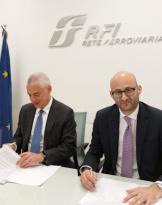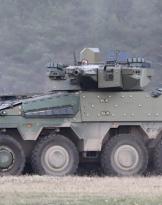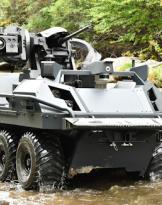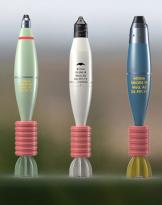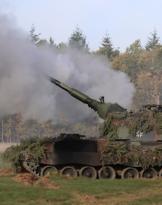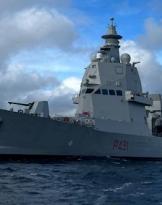Two Galileo satellites, the European satellite navigation and positioning system, were successfully launched this morning at 1.19 (Central European time) with a Soyuz rocket that took off from the French Guiana Space Center.
The separation of the two satellites from the carrier rocket occurred 4 hours after launch, at about 22 thousand kilometers above sea level. This is the eleventh launch of the Galileo program, which will now have 28 satellites in orbit.
The LEOP (Launch and Early Orbit Phase) of the mission is currently underway, which will last for 10 days, and will then be followed by the positioning of the two satellites in the final orbit, the latter lasting 25 days. The delicate operation is being carried out for the first time by the German space agency DLR GfR, under the responsibility of EUSPA and the control of Spaceopal, a XNUMX/XNUMX joint venture between Telespazio and DLR GfR, at the Galileo Control Center (GCC) in Oberpfaffenhofen (Munich of Bavaria).
The Galileo Control Center in Oberpfaffenhofen manages the satellite constellation together with the Italian GCC built at the Fucino Space Center in Telespazio, in Abruzzo. During 2021, both Galileo control centers were updated with a new operating system that improves their capabilities, also allowing the management of LEOP operations.
Both GCCs are managed by Spaceopal, the company responsible since 2010 for the operations and integrated logistics of the entire Galileo system, as well as for the management of the global communication network.
"12 years after the founding of Spaceopal, it is a great satisfaction to be able to underline the positive results of the ongoing collaboration with the European Space Program Agency as well as with all the European institutional stakeholders. Spaceopal is proud to lead a highly professional industrial team in able to guarantee Galileo operational services 24 hours a day and 7 days a week ", declared Marco Folino, CEO of Spaceopal.
Galileo is the result of the solid collaboration between EUSPA (the European Space Program Agency), the European Commission, the European Space Agency (ESA) and industrial partners. This latest eleventh launch confirms once again that Galileo is a success story in which European institutions and industrial partners have worked with profound synergy to build the system and provide related services.
"Today we can proudly celebrate another milestone reached by the largest and most ambitious industrial project in the European Union: Galileo"said Rodrigo da Costa, EUSPA Executive Director.
Galileo is currently the most accurate global satellite navigation system in the world and has over 2 billion users worldwide. New services, currently being tested, will soon be available to users and will open up new market opportunities in various sectors.
“We are proud to say that Galileo is the most accurate satellite navigation system in the world. Due to its complexity, these extraordinary results can only be achieved by bringing together different and varied technical skills, distributed in a large international team that we are proud to lead under a single and ambitious vision ", declared Emiliano Agosta, Technical Director of Spaceopal.


